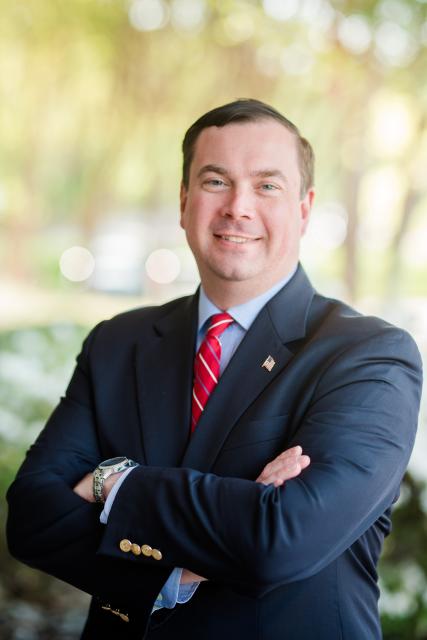The Political Theatre
Legislative Update - July 2022
If politics is theatre, the 2022 Virginia General Assembly has completed act two and already knows they will be returning for an encore. While the legislature concluded their annual 60-day regular session in mid-March, having approved more than 800 of the more than 2,100 bills introduced, they did so without accomplishing the one imperative piece of lawmaking required of them: passage of the Commonwealth’s biennial budget. With divergent spending plans endorsed by each chamber – the Republican-controlled House favored significant tax relief championed by Governor Glenn Youngkin, while the Democratic-led Senate sought higher levels of funding for programs and services – the session paused for a brief intermission.
Called back into session by the Governor, who chose to use the stick approach with political ads chastising Democrats for holding up the budget, the divided legislature trudged back to the Capitol a few weeks after the initial departure and promptly left again. With negotiations on the budget left in the hands of fourteen mostly senior legislators representing the House and Senate to hash out behind the scenes, the drama extended to the political stage as House Democratic members ousted their leader, former Speaker Eileen Filler-Corn, leaving a temporary void when they failed to replace her for over two months.
Finally at the end of May, with the Commonwealth’s June 30th fiscal year end approaching and local governments and public higher education institutions anxiety building on what figures to then build their own budgets, a compromise was reached and a budget report delivered. Made easier with the state’s ongoing buoyed economic conditions and resultant tax collections, each side received enough to claim victory. Republicans, including Youngkin, won much of the tax relief provisions they sought, including direct rebates to be sent this fall, elimination of the state portion of the grocery tax and an increase in the standard income tax deduction. Democratic priorities, including expansion of the earned-income tax, higher education spending and state employee raises, were contained in the final plan. From the banking industry perspective, the budget reflects legislation increasing the net business interest deduction level to 30%, provides more funds to the Housing Trust Fund and expansion of the Housing Opportunity Tax Credit in support of affordable housing efforts, and invests in key economic development and workforce development initiatives. It was disappointing to see funding recommended by former Governor Northam for the recently implemented Community Development Financial Institutions (CDFI) Fund removed.
After the wide bipartisan agreement on the budget, Governor Youngkin finally had his chance to make his imprint directly on the budget. Offering thirty-five amendments on a range of topics, the legislature responded with a mixed bag of results for the nascent chief executive. The Governor scored wins on his efforts to fund college partnership lab schools, financial aid at HBCUs, and curtail the early release of certain inmates. But he also met with defeat on his recommendation to institute a three-month gas tax holiday and further restricting state funds for abortion services, both coming just days before President Biden backed the gas tax holiday concept and the Supreme Court issued the Dobbs decision. The final drama to play out was the selection of Delegate Don Scott of Portsmouth – who had led the ouster of Filler-Corn earlier in the spring – as the House Democratic Leader.
With the budget finalized and key judicial vacancies filled – including two at the Supreme Court of Virginia – one would think that signals curtain closed on the session. Alas, the legislature has already determined they will return yet again post-Labor Day in the hopes of having finally determined who to elect to the Virginia State Corporation Commission (SCC). The SCC, which oversees the Bureau of Financial Institutions along with the insurance, energy, railroad and telecommunications industries, has been operating with only two of the three judges in place since mid-January. Whether someone will be installed prior to any ruling on the VBA and member bank appeal regarding the Bureau’s decision on the field of membership expansion at Virginia Credit Union remains to be seen.
We encourage our members to stay engaged with grassroots advocacy by joining us during this fall’s State Legislative Meetings. These meetings provide an opportunity for us to review important industry issues with our representatives and for you to get to know your state legislators, hear their updates and ask them your questions.

